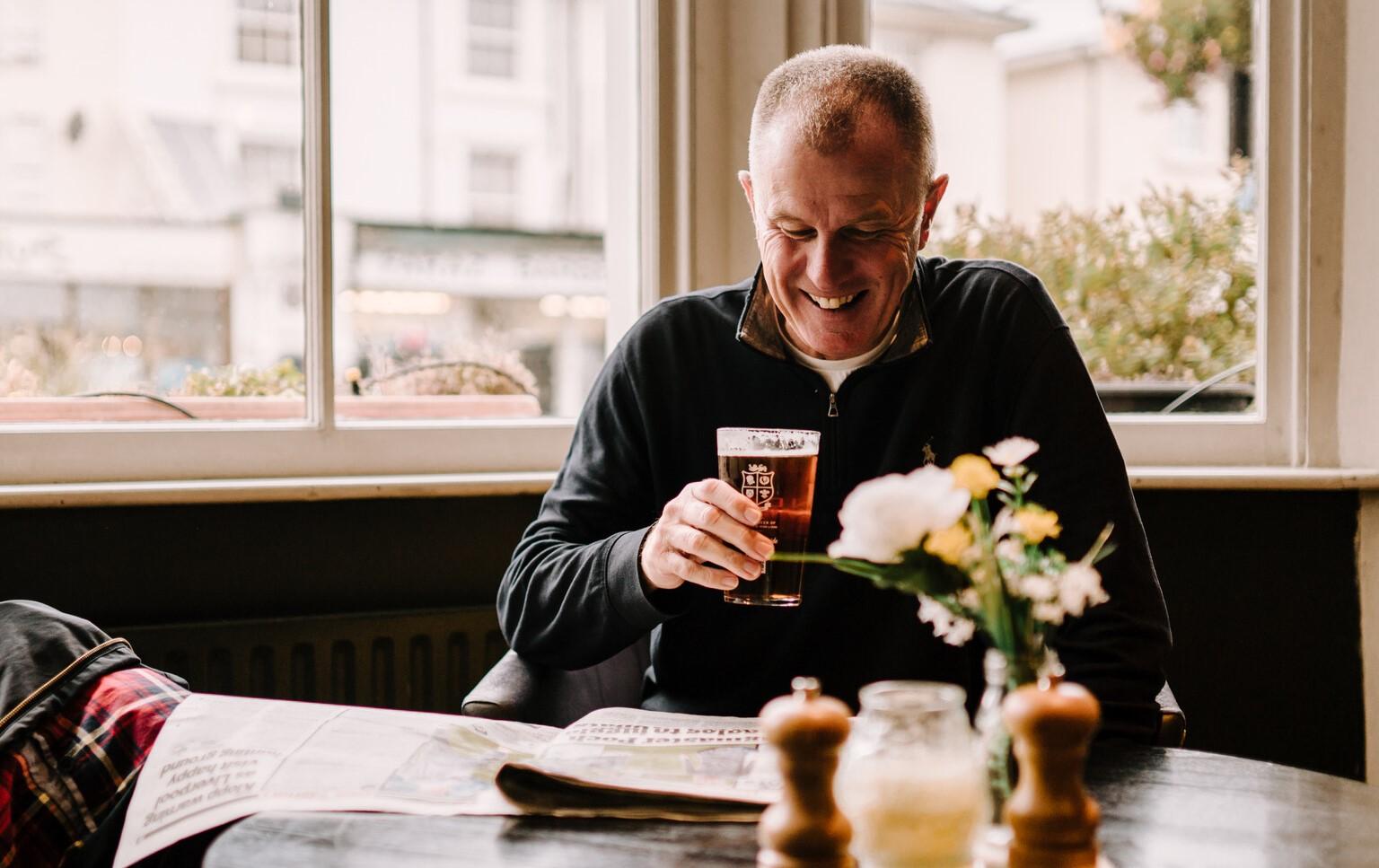Tracey’s story
What’s important is to have conversations early. Conversations about care and support, conversations about what they want for the future.

Hi, I’m Tracey and I want to share my story to raise awareness about the signs of dementia in your parents and why it’s important to articulate your concerns with them.
It can be tricky to differentiate the signs of dementia and uncomfortable to question your parent’s behaviours. My family’s story is the reason I’m a zealous dementia advocate. I hope it helps others to be more proactive.
Mum started noticing changes in Dad’s thinking around five years ago but us kids dismissed her concerns; we thought it was normal. No one wants to think it’s dementia either.
Mum took Dad to his GP who didn’t provide any immediate answers. She eventually got a referral to a geriatrician who took her concerns about Dad seriously.
The family didn’t intervene. We trusted Mum was handling everything as well as usual. But we should’ve listened more carefully. In retrospect, I wish I’d explored the availability of [drug] treatments for dementia that may have eased some of Dad’s symptoms.
After Dad eventually got a diagnosis, there were several markers of change such as him sleeping more often. He suddenly stopped his volunteer work with a local paper, and we stopped playing scrabble together.
Mum naturally adopted a carer role without fuss and so I wasn’t really switched on to the severity of the situation. When I look back now, it’s so obvious. Dad stopped being interested in all the things he normally liked.
It took a traumatic event to stir us into action. Dad went for day surgery and the hospital wanted to keep him in overnight, but he discharged himself. Maybe it was the anaesthetic, but Dad wasn’t himself.
I received a phone call from Mum that night after a terrible incident. Dad, an otherwise gentle man, pushed mum across the bedroom, resulting in multiple fractures in her arm and leg.
We had to quickly organise home care for Mum as she was unable to shower or prepare meals for herself. In addition, we needed respite care for Dad, as Mum could no longer care for him. We had not prepared for this.
Even though Dad was diagnosed with dementia, we knew nothing about how his diagnosis would progress or how it would affect the family, in particular Mum. We no longer had the luxury of time, so we became very proactive with getting their affairs in order.
Not really listening to Mum in the beginning, meant we were not prepared for the changes dementia brings. At the time, intervening in my parents’ situation didn’t seem to be the right, or the respectful thing to do.
But what’s important is to have conversations early. Conversations about care and support, conversations about what they want for the future. Conversations about legal and financial planning and where they want to live. You need to be prepared to advocate for your parents.
Having a conversation with your parents may seem hard, or even disrespectful or inappropriate. But I now know, it’s a lot harder not having a conversation and flying blind, guessing and potentially making some irreversible mistakes, resulting in regrets and self-doubt.
I recently went through some photographs and realised Dad would’ve been at home for longer if we’d listened. At the end of the day, Dad’s in a good facility and we can now help other people.
I’m passionate about working with Dementia Australia and Face Dementia because I can make a difference in other people’s lives. To be involved with this is such a privilege and I’m doing it in my Dad’s name, for the future and maybe even for myself one day.
Watch Tracey’s story below:
For more digital stories, visit the Face Dementia YouTube Channel.


